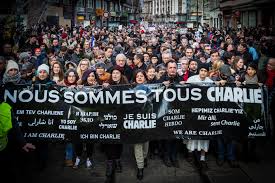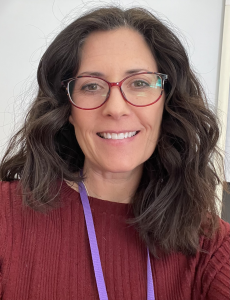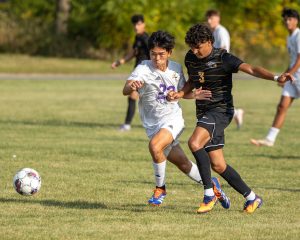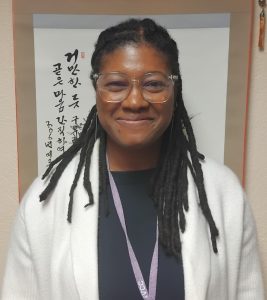Americans ‘were Charlie,’ not Ankara
April 6, 2016
 © Claude Truong-Ngoc / Wikimedia Commons
© Claude Truong-Ngoc / Wikimedia Commons
The world seems to center around tragedy as a daily, unavoidable circumstance. From terrorist attacks in Belgium to Turkey to Pakistan, it seems as if we can’t go through a week without the sinking gut feeling that something terrible is going on.
A large part of this is largely put on the American media – the daily anxiety of the 24-hour news cycle.
People want to be amazed. They want to know the most interesting, relevant events that are happening: The daily horror that is the 21st century. The news plays off of this human desire to feel connected, and subsequently leaves the average American citizen knowing only small bits of world events.
On March 13, a car bomb was set off in the Turkish capital of Ankara, killing 37 people and injuring more than 100. Just days later, another bomb, set off in a tourist district in Istanbul, killed four people and injured 36.
While the media did report the ISIS-linked terrorist attacks in Turkey, there was not the outcry and solidarity that was found after the Paris attacks in 2015. The events weren’t being retweeted and talked about, the average person wasn’t stopping his or her day to receive updates. Many people didn’t even know the events had occurred in Turkey at all.
For many Americans, it is easier to feel connected to a westernized country than a modern Muslim country. People are more empathetic toward western European citizens than Turkish, and it is apparent in the way many Americans react to each terrorist attack that occurs.
“People were Charlie, they were Paris but they were never Ankara,” says Zeynep Mutlusen, a 20-year-old Turkish student currently studying in Chicago. “Because Turkey is a Muslim country? Terrorism has nothing to with religions. Turkish people are humans too.”
Mutlusen is not alone in her outcry over how the United States has reacted to attacks in certain countries over others.
The contrast was made apparent days later, on March 22, when three separate bombs ripped through Brussels, Belgium.
Almost immediately after the attacks, people began to show their support for the 31 victims of the bombings. Support ranged from people changing their profile photos to faded Belgium flags, to entire countries casting their national monuments in lights reflecting the tri-colored flag.
A large part of the support is due to the solidarity of the Brussels-located European Union, an organization in which Turkey is still attempting to gain membership. The countries in the EU must come together after a tragedy in order to show an allegiance.
Much like the politics of the EU, the media also has a stronghold on what will be portrayed in the news and how. The American media controls what we will skim on our way to work or will glimpse on the television while waiting for an appointment.
The business of likes, comments and shares causes the media to report on what will gain the most coverage. Journalists commonly refer to the phrase “if it bleeds, it leads” when picking what stories dominate the daily news.
While the same terrorist organization attacked two separate countries, one still seems to be more interesting and relevant in the lives of Americans. In reality, we are just as connected to the people of Turkey as we are the people of Brussels.
In a time of mourning and loss, Americans needed to be with the people of Turkey just as much as we were with the people of Paris and Belgium.
In order to combat the ignorance of the modern world, people need to make an effort to stay informed. While it may seem enough to stay updated through our peers or social media, those issues are only just a small glimpse into the world – centered on the American mindset.
In the technologically advanced society we are living in today, there is no reason to be disconnected from the rest of the world.
Follow international news sources, such as BBC or Al Jazeera, opt for daily news recaps delivered to your inbox, follow breaking news sources on Twitter — anything that is easy to browse while waiting for a class.
There are several ways to stay connected and it’s simple to find ways that are personally convenient.
In order to combat the ever-present ignorance that circulates on a daily basis, Americans need to stay updated and knowledgeable on issues outside of our comfortable bubble. To continue to feel connected to one another, we must be aware of others’ sufferings and be willing to listen. We need to toss aside the preconceived notions of what certain countries are or are not, and mourn for each other’s losses.
In the end, we are all fighting the same enemy of terrorism. It is much easier to mentally survive the daily warfare when we are connected as humanity than focusing on race or religion.




